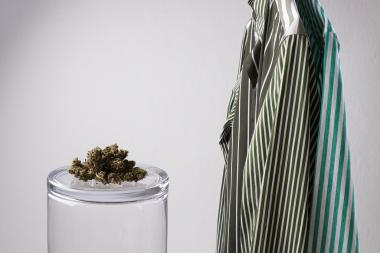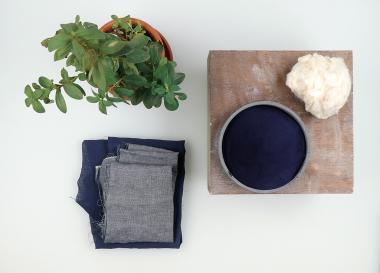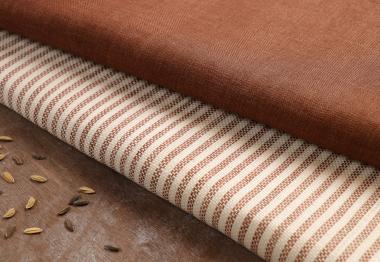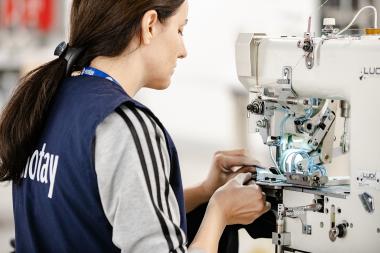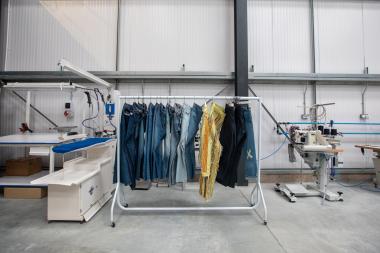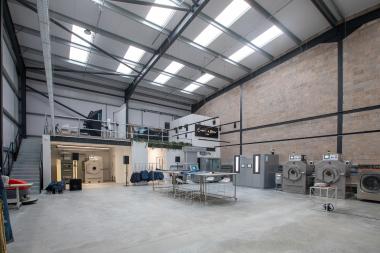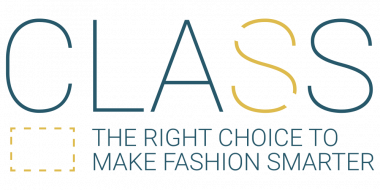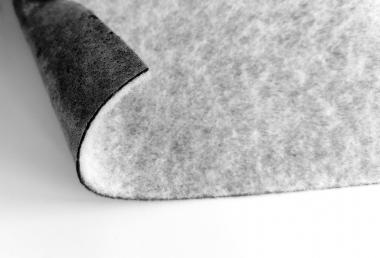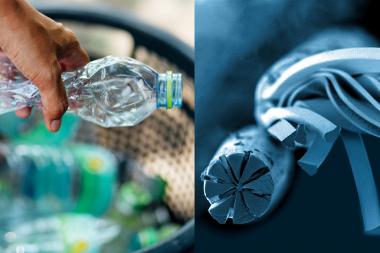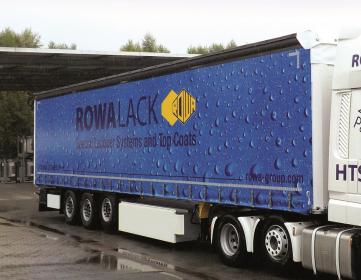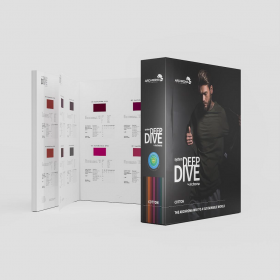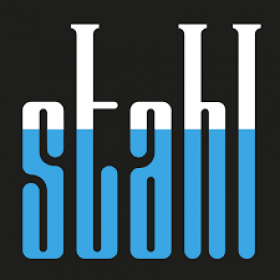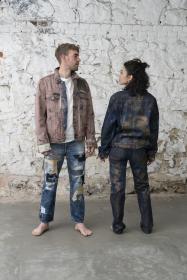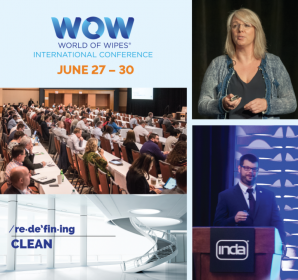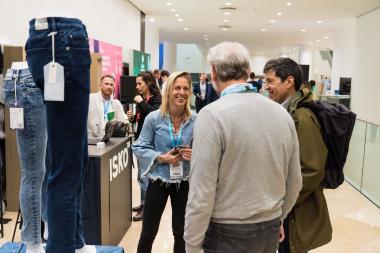Neue Werbemittel von DTV- und EFIT
Nachhaltigkeit setzt sich durch, in der Mode wie in der Werbung. Daher greifen der Deutsche Textilreinigungs-Verband (DTV) und die Europäische Forschungsvereinigung Innovative Textilpflege e. V. (EFIT), Berlin, erneut ein Trendthema für ihre Imagekampagne in diesem Sommer auf. „Wir wollen unsere Branche mit positiven Bildern verknüpfen und deutlich machen, dass Textilservice nachhaltigen Lifestyle unterstützt.“
Ein Novum ist der All-White-Look der Modemacher in diesem Sommer nicht. Strahlendes Weiß ist im Grunde zeitlos, immer ein Hingucker und definitiv anziehend. Und wo sollten weiße Shirts, Hosen und andere cleane Styles gepflegt werden, wenn nicht im Fachbetrieb für Textilservice mit energieeffizienten, umweltgeprüften Wasch- und Reinigungsverfahren? „Bis das selbstverständlich ist, müssen wir unsere Strategie konsequent fortführen“, sagt Daniel Dalkowski, EFIT-Geschäftsführer und stellvertretender Geschäftsführer des DTV.
Während sich Lieblingsfarben wiederholen, erfinden sich viele Modemarken gerade neu. Ob Discounter oder Designerlabel: eine ‚nachhaltige‘ Kollektion bieten inzwischen fast alle. „Nun bleibt es unsere Aufgabe, werbewirksam zu kommunizieren, dass nachhaltig produzierte Textilien auch nachhaltig gepflegt werden sollten“, so Daniel Dalkowski, verantwortlich für das Marketing der Fachverbände. Die Website www.mytextilservice.eu sei dafür eine ideale Plattform.
Gleichwohl sei durch Corona deutlich geworden, dass insbesondere Textilreinigungen besondere Formate für die Kundenansprache brauchen, Plakate und andere klassische Werbemittel beispielsweise. „Darum bleibt auch die Website www.reinigen-lassen.com online und wir setzen das Konzept der Branchenkampagne bis auf Weiteres fort.“
Viele Betriebe seien derzeit mit existenziellen Fragen beschäftigt, vor allem kleinere hätten wenig Zeit, sich um Werbung zu kümmern. „Daher bieten wir unseren Mitgliedern weiterhin den Service, sich mit kostenlosen und dennoch professionell gemachten Werbemitteln am Markt zu positionieren. Analog dazu veröffentlichen wir auf www.reinigen-lassen.com auch im Sommer ein lesefreundliches, informatives Feature mit einem Link zur den Fachbetrieben vor Ort.“
DTV - Deutscher Textilreinigungs-Verband EFIT Deutscher Textilreinigungsverband e.V. Reinigung
DEUTSCHER TEXTILREINIGUNGS-VERBAND e.V.










